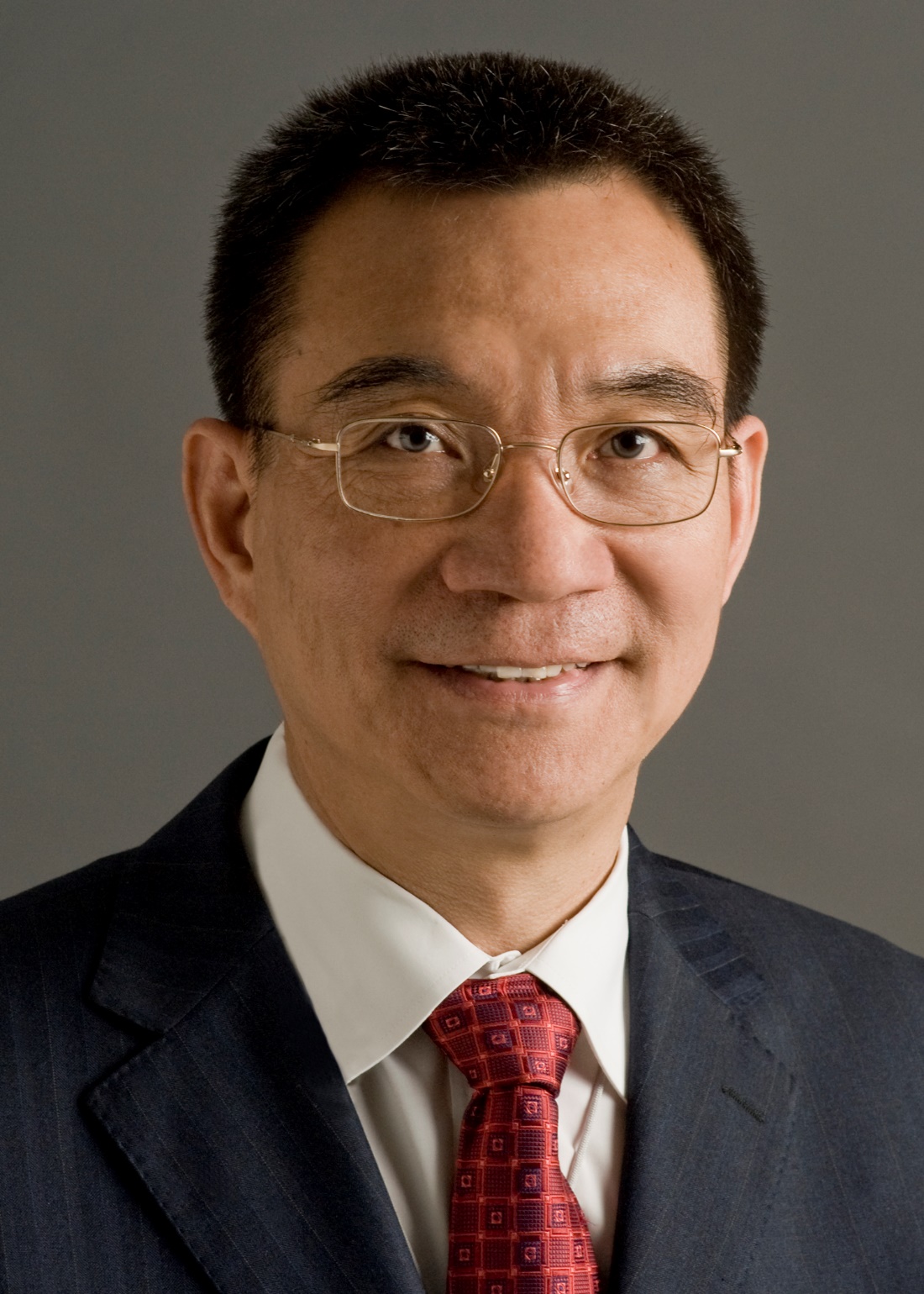Lin Yi Fu, Doctor of Business Administration honoris causa

Prof. Lin Yi Fu’s remarkable academic achievements and contributions in the field of economics, we believe, are well known and highly regarded by the public. Prof. Lin graduated and received an MBA degree from National Chengchi University in 1978. In 1982 he graduated from Beijing University and received a Master in political economy; afterwards, he went to study in the University of Chicago, U.S.A., which has fostered the most Nobel winners in economics in the world, and supervised by Nobel laureate of economics Prof. Theodore W. Schultz, he received PhD in economics in 1986. In 1987 he spent one year pursuing post-doc studies in the Economic Growth Center, Yale University. Later, he came back to take up a teaching position in Beijing University, becoming the first doctor in economics to come back to the motherland after accomplishing studies in the West after China’s Opening and Reform Policy was put into practice. In 1993 he became professor in Beijing University, in 1994 he established the China Center for Economic Research, Beijing University, and served as Director of the Center and, in 2005, he was selected as an academician of the Third World Academy of Sciences (now the Academy of Sciences for the Developing World).
He is the writer of 18 monographs, including The China Miracle: Development Strategy and Economic Reform, and has published more than 100 academic papers in international journals. As early as in 1992, he published a paper, “Rural reforms and agricultural growth in China”, in the American Economic Review, which was elected one of the most cited papers published in international economics journals during the period from 1980 to 1998. Prof. Lin’s paper citation index from 1990 to 2000 was ranked No. 205 in the field of global economics and as the Top 2 among Chinese economists.
Prof. Lin is an authoritative scholar in studies on China issues in the international economics field. He won the Sun Yefang Economic Science Award two times, 1992 and 2001 respectively, the Policy Article Prize by the Centre for International Food and Agricultural Policy at the University of Minnesota in 1993, the Sir John Crawford Award by the Australian Agricultural and Resource Economics Society in 1997, the second prize of the 5th Philosophical and Social Science Works Awards, Beijing, for his Sufficient Information and State-owned Enterprise Reform in 1998, Best Article Prize by the Australian Journal of Agricultural and Resource Economics in 1999, the Citation Classic Award by the publisher of Social Science Citation Index in 2000, and the first prize of the 7th Science Research Works Awards, Peking University, for Reanalysis of System, Technology, and China’s Agricultural Development. Prof. Lin has received honorary doctorate degree from Fordham University, USA, Université d’Auvergne, France, University of Nottingham, UK, City University of Hong Kong, Hong Kong University of Science and Technology, and University of British Columbia, Canada. In 2011 he received the Alumni Professional Achievements Award from the University of Chicago.
Prof. Lin offered ideas and advice that have made great contributions to China’s economic reform and development; he was the Vice Director of the Development Research Institute of the Rural Development Research Center of the State Council and the Deputy Minister of the Rural Department of the Development Research Center of the State Council; he was one of the writers for the “10th Five-year Plan” drafting; he was a member of the Think Tank for former Premier Zhu Rongji and former Premier Wen Jiabao in their decision-making on economy, and the current Premier Li Keqiang even appointed him as a counselor for the State Council. Prof. Lin was the first to raise the concept of “New Rural Movement”, advising the Central Government to launch a national movement, which takes as its core to install tap water supply, electronic appliances supply, and road network in the rural areas, so as to speed up the pace of infrastructure building which is closely related to the life expenses in rural areas, and start tapping the potentially enormous rural market, and in parallel, the government could make available favorable financial policies and invest more funds in reinforcing the rural infrastructure so as to ease the three increasingly prominent rural issues: “agriculture, rural areas and farmers”. His proposal gradually got recognized by the national scholarly field and by the government units, and provided a kind of academic support for the New Rural Development policy launched later by the Central Government. Prof. Lin founded the China Center for Economic Research, Beijing University, jointly with a great number of other economists, who also came back after their overseas studies. The Center has been active in participating in formulation of and discussions on important national policies, including policies on telecommunication reform, joining in the World Trade Organization, financial reform, rural development, social security system, migrant workers, grains issue, and others. On the other hand, Prof. Lin has also played important roles on the international stage: in 2008 he became Chief Economist and Senior Vice President of the World Bank (in charge of developmental economics), making him the first person who comes from a developing country and receives such an important appointment in the history of the World Bank.





